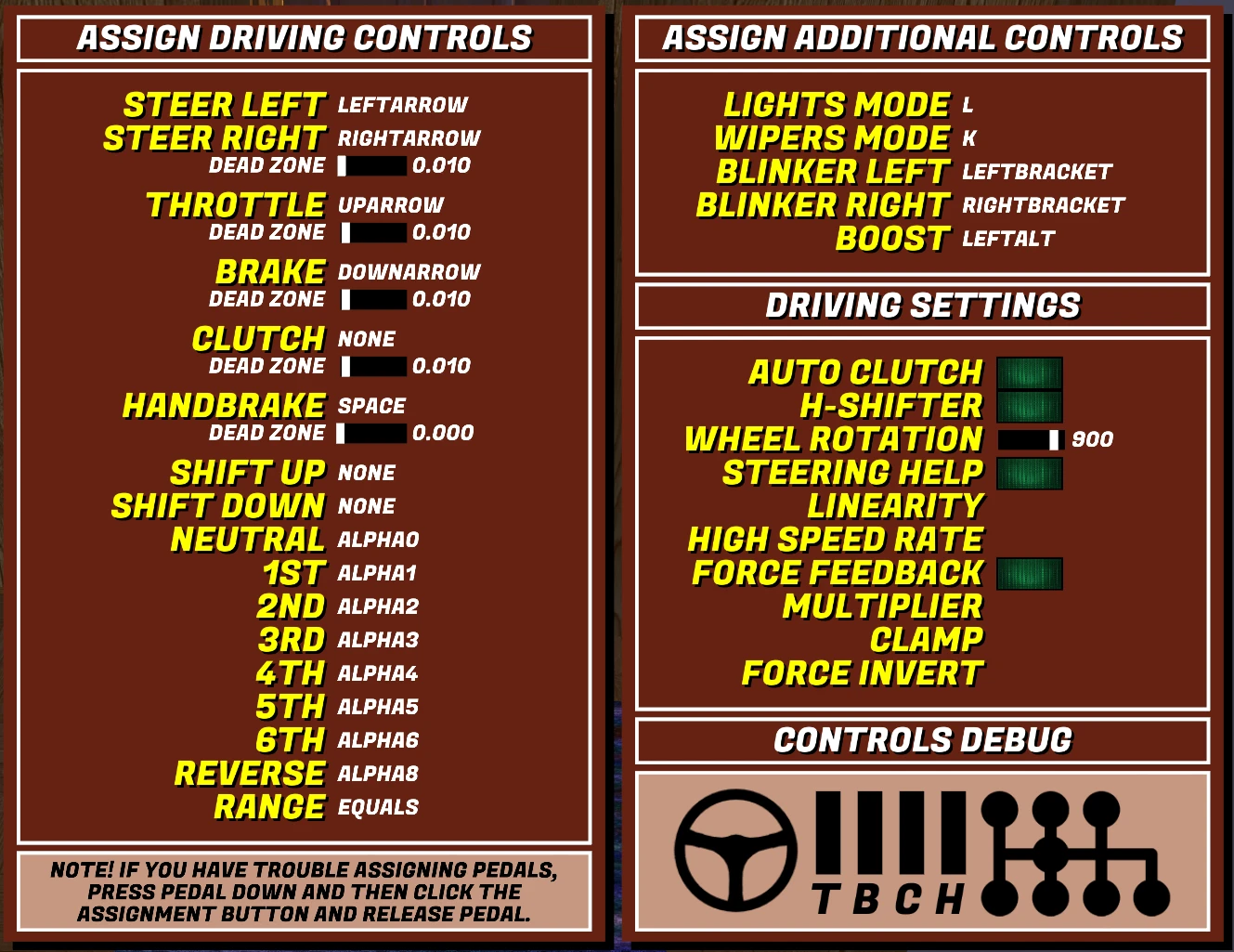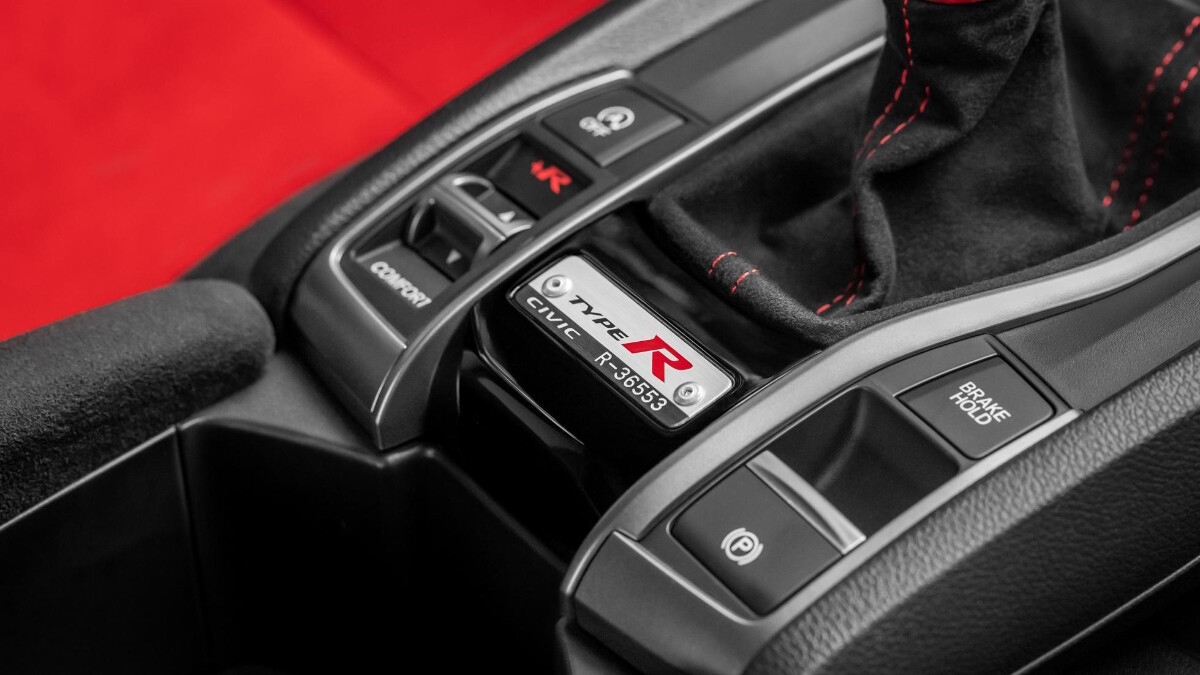

“If customers fall behind on payment, we seek to provide options to help them maintain their vehicle, including loan modifications and payment deferments, as repossession is always a last resort.”Ĭredit Acceptance also declined to comment on specific questions about ongoing legal cases, citing company policy. “We treat our customers as individuals, striving to find sustainable financing solutions that work across a broad range of incomes and credit scores,” said Laurie Kight, a company spokesperson. Santander declined to comment on specific questions from CR about the allegations, but said in a statement that it’s a “responsible lender” operating in a highly regulated environment. When a person’s car is repossessed and their wages and tax refunds are garnished, a vicious cycle begins that makes it difficult for them to rebuild credit, hold down a job, or pay rent or other bills. The sky-high interest rates, with terms often stretching 72 months or longer and monthly payments eating up a significant portion of their income, make default likely.Īnd when that happens, lives can be turned inside out. In other words, it’s good business writing bad loans.īut it’s a perilous model for low-credit consumers. In the the third quarter of 2021, Credit Acceptance and Santander reported net profits of $250 million and $763 million, respectively, over the preceding three months. Cardozo School of Law in New York City, who has published several studies on auto lending. “There are some lenders with a business model, it seems, that expects some level of repossession, perhaps even desires some level of repossession,” says Pamela Foohey, a professor at the Benjamin N. Lenders are also accused of structuring the loans and their arrangements with dealers in ways that all but guarantee a profit even if borrowers default, the attorneys general say.Īnd when borrowers fall behind, as often happens, lenders aggressively work to collect debts through repossession and wage garnishment, according to allegations in the documents CR reviewed.


Those methods, according to a Consumer Reports review of regulatory filing and legal documents, sometimes start with lenders working with dealers to mark up cars sold to low-income borrowers more than they do for customers with better credit, or to upsell them into pricier cars they can’t afford. (Santander and Credit Acceptance reached settlements in those cases, neither admitting nor denying wrongdoing.) Moreover, even when Santander and Credit Acceptance have a borrower who defaults, they still manage to make a profit, the state attorneys general in Mississippi and Massachusetts have alleged in lawsuits filed against the lenders, using a variety of tools to “squeeze as much money out of delinquent borrowers as possible,” as one put it. Indeed, both Credit Acceptance and Texas-based Santander Consumer USA-its main competitor in the subprime auto lending industry-have been accused by two state attorneys general in recent years of violating laws that prohibit “unfair or deceptive” business practices by writing loans they know are destined to fail, and by exposing borrowers to unnecessarily high levels of risk. But she says, “Lenders often know that their customers won’t be able to afford the loans they are given but agree to let them purchase them from car dealerships anyway.” That’s because, she says, lenders know that even when borrowers default, they can make money in other ways. Rawls declined to comment specifically on Perrin’s case, which was settled in October. Perrin’s story is hardly unique, says Kathi Rawls, an attorney who represented her in the recent lawsuit against Credit Acceptance.


 0 kommentar(er)
0 kommentar(er)
